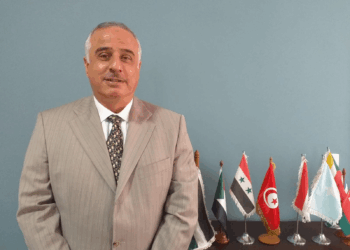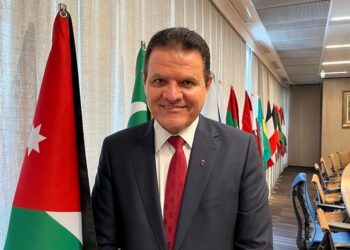Publicado por Pedro Coutinho
Humanitarian crisis is not something new, we just have a name for it now, but it has always been so, with every exodus, every spread out disease, every major natural event that shock the bases of a seeming save environment. Somewhere along the line people “signed” the Social Contract. And, as it happens with every contract, it has rules. Security, family, division of labor, all these things are, in one way or another, defined by it. But the major rule is the one that divide we from the others. That’s what really matter.
The idea of division, la distinction, becomes the mother of all social interaction. It’s a physical force; one body cannot occupy the same space of another, nor can the same belief, the same color, gender, language… That’s when the lines are drawn, the borders. Nowadays this can be seen in action in a place that, give or take, has always been so: Middle East versus Europe. The historical examples are as vast as the conflicts themselves. This time around is no different. A civil war, sparked by internal and external conflicts, forces people to migrate, causing another conflict on the lands they arrive.
The conditions could not be worse (or maybe it could, if there was a Black Plague again, but that’s not the case): precarious means of transportation may kill as fast as the conflict in their homeland itself. News of drownings, people dying from cold and exhaustion are common place now. And the situation doesn’t get any better at the final destination. Europe, even before Syrian civil war, was already in crises too, one caused by a political and economical system that is fated to cause these types of imbalance.
Shortage of labor, decreasing birth rates, droughts and floods, and now, hundreds upon hundreds of migrants, trying to share what little is left of the Welfare State. This was bound to cause yet another crisis. The solution seems nowhere close. The world is built with dominoes, push a piece and the ones along the line can only watch in desperation as the crumbling wave approaches.
The economic issues will eventually be solved, but not without its price. Wars seemed to have worked in the past. Let us pray that may not be the case this time around. What won’t be solved before it and maybe, not solved at all, are the lines that separate the people. Even if economic stability returns (if it ever existed), people will continue to segregate themselves. Black people are not white people, white people are not all white poeple, men are not women, men are not even men. Police officers are not “civillian”. Unfortunately, the list goes on. Everyone has suffered some kind of social barrier at some point in their lives, others, died for it. That was the Contract; you are not we.
If this equation is ever to be solved, there has to be another article, another line in the Contract, one that addresses the difference. Not as something outside the thought pattern, but as the pattern itself. There is only the distinction, its physical. One body cannot occupy the same space of another, but they do coexist in time.
Fonte: NEMRI – Núcleo de Estudos Multidisciplinar de Relações Internacionais





